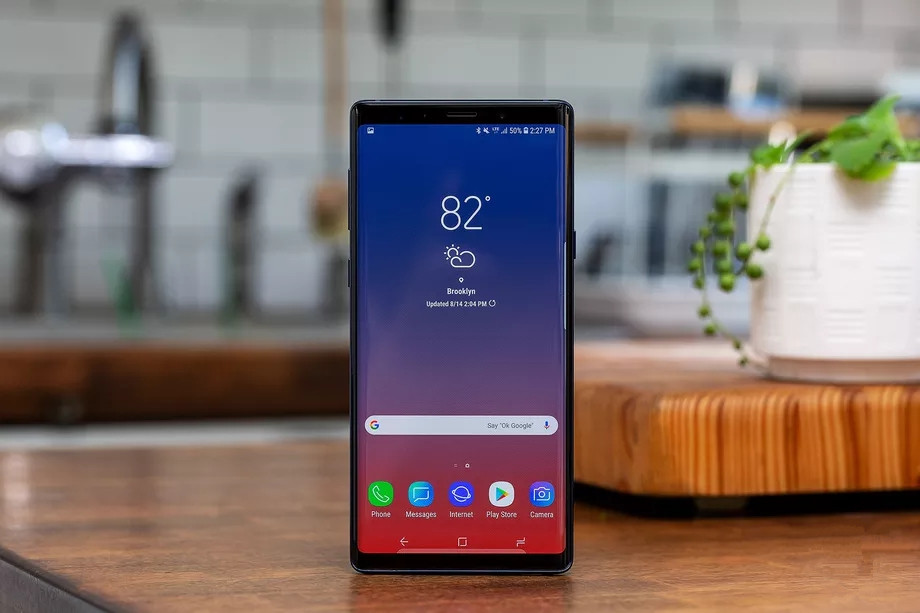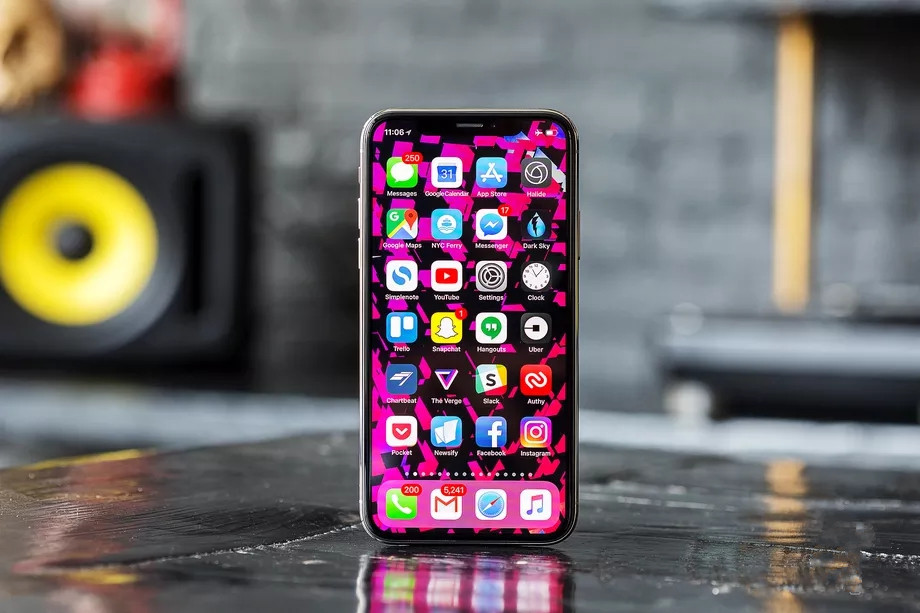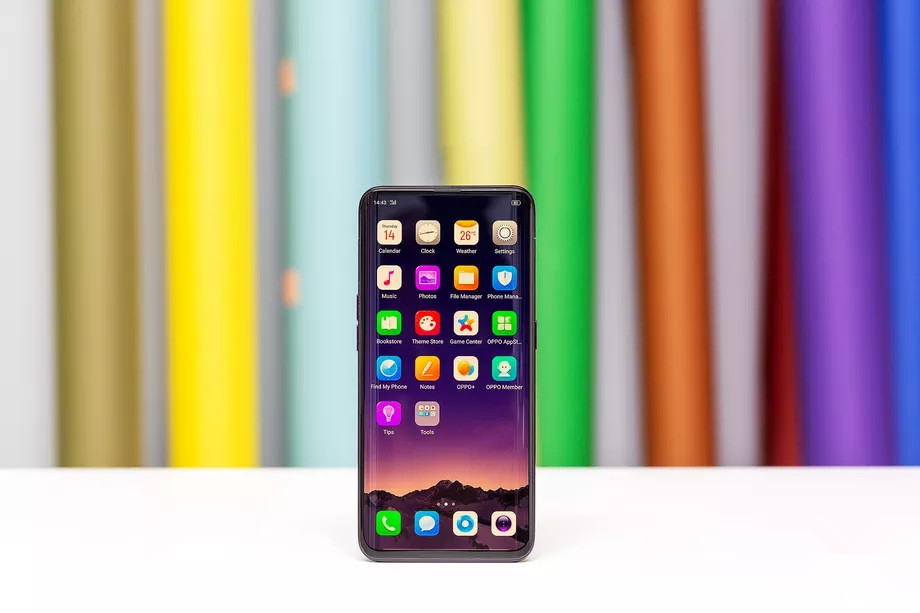 2128
2128
 2018-08-23
2018-08-23

When you’re paying close attention to the maelstrom of tech industry activity, the pace of change can seem logical, methodical, occasionally even a little slow. But look away for even the briefest period of time, and you’ll be shocked by how quickly and radically things have changed when you check back in. The $1,000 price threshold for smartphones is a good example.
Three or four years ago, anyone proposing a four-figure price for a phone would have been laughed out of their boardroom meeting. Two years ago, if I’d told you Apple would be successful selling a phone with a notch in its screen but no headphone jack, at a price of $999, you’d have shaken your head and accused me of wilder wishful thinking than Gene Munster’s Apple TV pipe dream. And even at this time last year, I was busy writing a disbelieving meditation on the topic of Samsung’s upcoming Galaxy Note 8 and how it crossed past the $1,000 mark.
And yet, for all our preconceptions about what reasonable smartphone pricing is and should be, every phone that’s dared to nudge up to the $999 level and above has proven a success. Apple’s iPhone X is selling faster and better than expected, leading one analyst to declare that it has brought 2019 demand forward. Though mostly unavailable in the US, Huawei’s P20 Pro approaches iPhone X pricing, and it’s proven a popular choice in Europe, comfortably eclipsing the sales of its cheaper predecessor. Samsung’s Note 8, which got us all started on this upward trip in pricing, was also a solid hit for its maker, and the recently announced Note 9 is shaping up the same way.

What’s striking to me is how quickly the way we talk about these products has changed. In August 2017, we talked of $1,000 iPhones with the same air of incredulity with which we — I, in particular — treated the alien-looking AirPods when they were first revealed. In August 2018, we speak of pricey phones in the same way we discuss AirPods today: different, not for everyone, but worth it for those who decide to take the plunge. I don’t want to belabor this AirPods analogy too much, as the hike in smartphone pricing isn’t tied to a radically improved convenience as in the case of Apple’s truly wireless earbuds. With smartphones, companies pretty much just took a chance that we, the consumers, found more value in our phones than the price we were paying every couple of years. And they were right.
My interpretation of the past year, which has seen even the traditionally price-conscious China-centric manufacturers like Oppo bust out $999 models, is that it shows flagship smartphones were fundamentally mispriced. They were too cheap. The ease with which we’ve adapted to the scaling up of the cost of a flagship device makes that clear. Figuring out why that is the case requires more nebulous explanations and a measure of speculation to come in.
Everyone’s conscious of the status symbol quality of the iPhone, but a similar intangible value might be attached to a $1,000 Android phone. After all, it must be worth more if it’s priced higher, right? We can pretend we’re rational about these purchase decisions, but our minds tend to anchor on the initial price we’re presented with, and then extrapolate perceived value from that number. There’s tons of research to show how imperfect the correlation between the real and perceived value of a product is. So maybe smartphones last year were more rationally priced than this year, but since humans are irrational, today’s pricing is going to stick, because it better matches the high-end market as it really is.

Along with the very highest prices, we’ve also witnessed the cost of mid-tier devices like those from OnePlus climbing over the past year and a half. I’m not sure where super flagship pricing will go over the next few years, but I doubt midrange phones will get much more expensive. The competition among mass-market suppliers is still absolutely fierce, and price remains a decisive factor for many people shopping for their first or only phone. One potential outcome might be a widening of the gap between cheaper and more expensive phones, which would only reflect the broader economic divergence and inequality in our modern world.
All I can say about the future of phones is that their past has shown their progression to be unpredictable, tumultuous, and irregular. It might be this very unpredictability that makes keeping track of the mobile industry so enduringly exciting.
Source: the verge